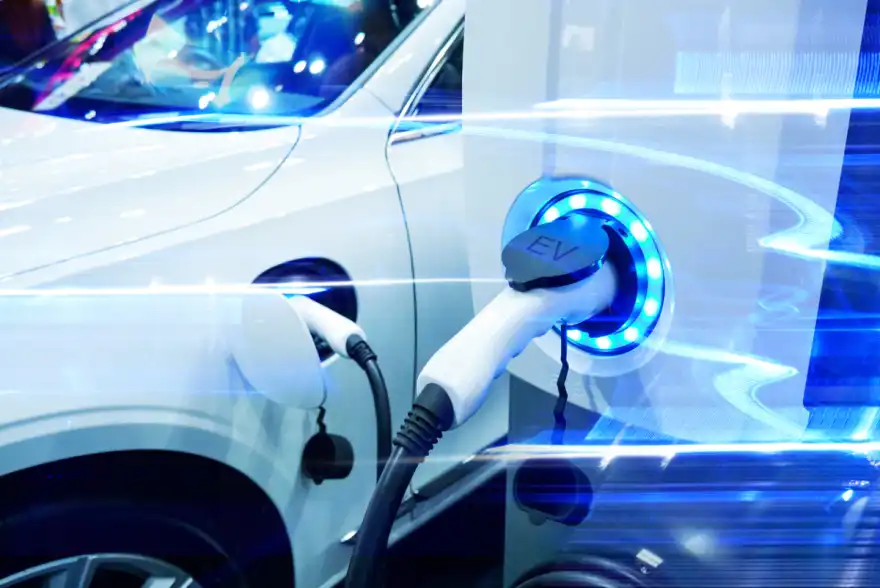
The UK government is standing firm on its EV sales targets despite pleas from carmakers to delay hefty fines until 2026, sparking warnings of job cuts and reduced investment in the UK’s auto sector.
In a recent meeting with major EV players like Tesla, Nissan, and Volkswagen, ministers resisted pressure to loosen the rules, which require an increasing percentage of new cars sold to be electric each year, hitting 100% by 2035. Companies that fall short will face fines of £15,000 per car, starting in 2024.
Carmakers argued for a grace period, with Nissan suggesting a two-year monitoring phase to avoid immediate penalties. However, the government rejected delays, emphasising they’re open to ideas like allowing British-made EVs sold overseas to count toward targets or adjusting the car-to-van ratio.
Currently, EVs make up 18% of UK new car sales, below the 22% goal for 2024, which rises to 28% the following year. Meanwhile, a looming 2030 ban on new petrol and diesel cars adds more pressure.
Industry leaders like Guillaume Cartier, Nissan’s regional chair, warned the mandate could harm the UK’s appeal as a manufacturing hub without urgent government action. Meanwhile, transport secretary Louise Haigh confirmed they’re “listening” but sticking to the plan.
Ministers have hinted at minor adjustments but avoided moves requiring extensive legislative changes, aiming to balance EV adoption goals with the realities of a shifting automotive landscape.
Before the meeting, Ford announced plans to cut 800 UK jobs as part of a Europe-wide restructure, citing “unprecedented” regulatory and economic challenges. While the cuts won’t affect its factories in Dagenham and Halewood, Peter Godsell, Ford’s HR lead in Europe, called the UK’s EV targets “challenging” and the overall environment “unstable,” saying the company needs more flexibility to meet requirements.
Meanwhile, Stellantis, Vauxhall’s parent company, hinted it might halt UK production if the government doesn’t ease its electrification policy. “These are not false threats,” said one meeting attendee, adding that carmakers want a clear plan from the government by Christmas.
On the flip side, EV charging companies warned that changing the rules could hurt investor confidence. Ian Johnston, CEO of Osprey Charging, emphasised the importance of EV adoption for funding, while Vicky Read, head of ChargeUK, agreed that uncertainty jeopardises the entire transition.




